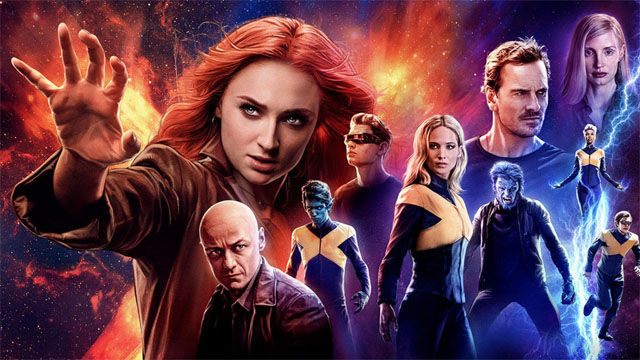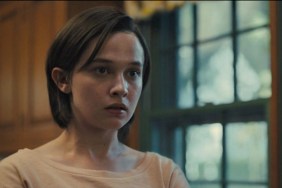Nineteen years ago, the X-Men franchise paved the way for every superhero movie that came after it. Although the franchise has varied in quality, Fox’s X-Men movies have remained quintessential viewing within the superhero genre. Outside of the MCU, no other film series has been as crucial to the popularization of superhero movies. For better or worse, these films defined the X-Men in the minds of a generation. That’s why the sendoff for these beloved characters is so important.
As the tenth and final film of Fox’s X-Men franchise, Dark Phoenix is an unfortunate end to the series. The biggest issue facing any adaptation of The Dark Phoenix Saga is that it’s meant to be a saga, not a single two hour movie. It’s nearly impossible for one film to recapture Jean Grey’s rise and fall without sacrificing the things that made the comic a classic. Simon Kinberg may have been trying to atone for X-Men: The Last Stand‘s botched adaptation, but Dark Phoenix makes plenty of mistakes of its own.
First-Time Director Blues
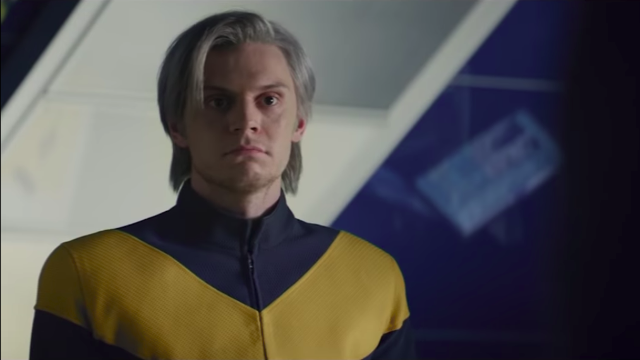
Kinberg has served as either a producer or a writer since the often-maligned The Last Stand. As a first-time director, Kinberg smartly surrounded himself with some of the best and brightest technical craftspeople in the business. Unfortunately, many of Dark Phoenix‘s problems are a direct result of Kinberg’s inexperience. He does a decent job of wrangling the sheer number of elements required to make the film. However, the finished movie features flat performances, an uneven tone, and severe pacing issues.
Dark Phoenix primarily rides on the casting coattails of its predecessors. Somehow, this impressive cast is largely lifeless throughout. Sophie Turner tried her best to make Jean relatable, but the repetitive character beats limited her range. Nicholas Hoult and James McAvoy were adequate, but their lack of screen time ensured that neither of their arcs landed. Tye Sheridan, Alexandra Shipp, Kodi-Smit McPhee, and Evan Peters were largely wasted. Jennifer Lawrence seemed bored in her relatively few scenes. Even the normally excellent Jessica Chastain turned in a flat performance. However, Fassbender once again killed it in the role of Magneto. His innate charisma stood out in a film that gave its stacked cast so little to work with.
A Stone Left Unturned
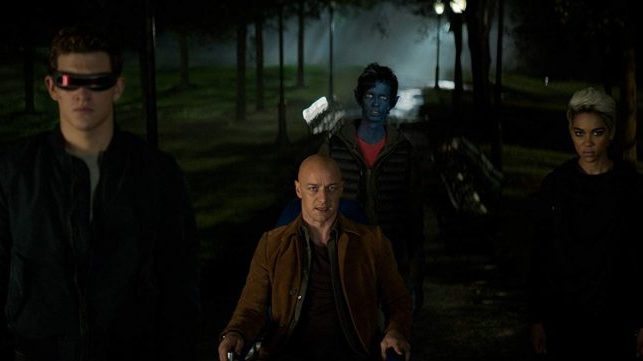
Kinberg’s script is the film’s biggest weakness. It didn’t help that the story began with a lengthy prologue and an awkward voiceover. None of the main X-Men films have had particularly engaging scripts. Usually, the solution for that problem is to hire better writers. Kinberg was given a rare opportunity to fix the mistakes that he and others made in The Last Stand. In retrospect, he wasn’t up to the challenge. While the new film is a little closer to the source material, it’s still a rushed and hollow version of that story. It’s a stone that was probably better left unturned.
Dark Phoenix never even tries to make the viewers fully understand Jean’s struggle. Additionally, the film’s dialogue borders on self-parody. The screenplay doesn’t take the time to properly establish the extent of the villain’s powers and personality. Character motivations were weak at best, and the rising action only leads to an underwhelming climax. The screenplay recycles some elements from the previous movies and stories, but it feels stale this time. Jean was largely passive until the film’s closing minutes; which is a big problem considering that she’s the title character.
A Troubled Production
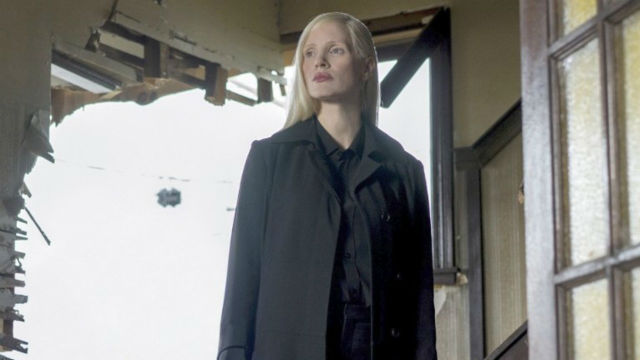
All of these flaws came to a head in the third act, which was a victim of studio meddling. The highly publicized reshoots narrowed the focus of the story. Even though the effects in the third act also fell victim to this re-conceptualization, it’s technically sound elsewhere. The music by Hans Zimmer was a highlight, although it wasn’t that different from anything he’s scored before. There were some exciting action beats and team moments, as well as strong effects and editing throughout. Surprisingly, the movie shied away from production elements and costume designs that fully embraced its setting in the ’90s. That made the movie feel less distinct than its predecessors.
Sadly, as the finale to two decades of storytelling, Dark Phoenix isn’t nearly as satisfying as it should be.
Tarnishing a Legacy
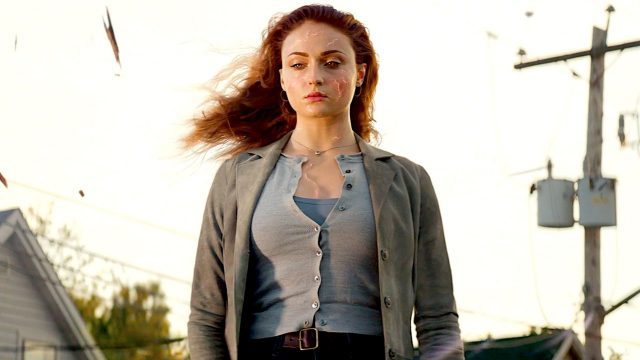
Perhaps the greatest sin of Dark Phoenix is that it doesn’t provide a rewarding conclusion to the X-Men series. Kinberg may have had the best intentions for the franchise, but those intentions aren’t always the cure for bad storytelling. Despite all of the amazing talent involved, both in front of and behind-the-camera, Dark Phoenix never justifies its existence. It doesn’t add anything new or different to the series.
Ultimately, Dark Phoenix isn’t the complete disaster that it’s been made out to be. There are definitely worse X-Men films. It’s just unfortunate that one of the pioneering superhero franchises of this century is going out in such a mediocre way. Dark Phoenix is a disappointing conclusion that fails to send the series out on a high note.
